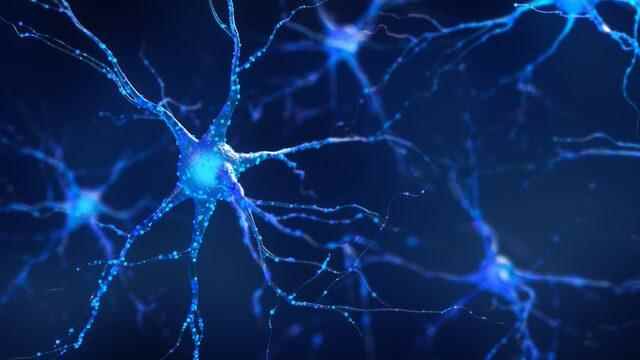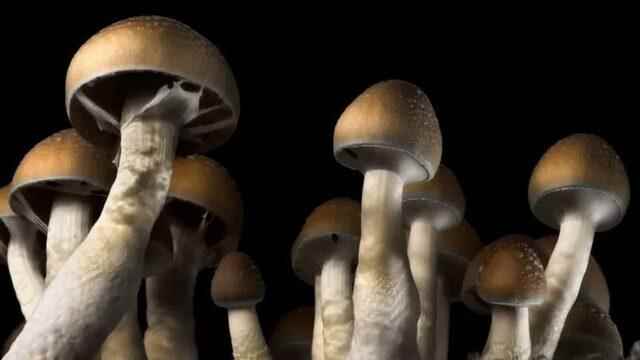According to a study conducted in England, the substance called psilocybin in hallucinogen (magic) mushrooms, known as “magic mushrooms”, helps people with severe depression to relax in a way that antidepressants cannot.
The results, based on brain scans of 60 people, mean the drug can treat depression in a unique way, the researchers say.
These types of psychedelics, or hallucinogenic substances, are being studied to treat a variety of mental health disorders.
A synthetic form of the drug is being tested on humans. However, this is achieved through the psychological support provided before, during and after the removal and trials under strict medical conditions. Patients with depression are warned not to take psilocybin on their own.
Head of Imperial College London’s Center for Psychedelic Research and author of the study, Prof. David Nutt said the latest findings on psilocybin were “exciting” and “important”.
Stating that with depression, the brain can be stuck in a routine and locked into a certain negative thought style, Prof. Nutt adds that when given psilocybin, people’s brains open up and become “more flexible and fluid” for up to three weeks.
The brain’s flexibility can be seen in scans, in the increased connections between regions of the brain.
These patients are likely to experience an improvement in mood months later.
Similar changes are not seen in the brains of people treated with a standard antidepressant. prof. “This supports our initial predictions and confirms that psilocybin could be a real alternative to depression treatments,” says Nutt.

brain movement
Psychedelics are a type of hallucinogenic substance that affects all senses, altering one’s thinking, perception of time, and emotions.
While antidepressants are taken regularly every day, taking psilocybin only once or twice can have the same effect. However, more patient and longer-term studies are needed to confirm this.
The results, published in Nature Medicine, are from two studies. In the first study, everyone took psilocybin, in the second, some were given the drug and some were given a different antidepressant.
In addition, all participants received speech therapies from registered mental health professionals. Brain scans were taken before and one day or three weeks after treatment.
One of the authors of the study, Prof. Robin Carhart-Harris says it’s not yet known how long the changes in brain movements seen with this treatment last:
“We need to do more research to understand this. We know that some people have relapses of depression, and after a while their brains can revert to their old rigid patterns of movement.”
Initial findings from studies showed a reduction in depression symptoms with psilocybin treatment.
But the researchers weren’t sure how or why it worked. Now they want to test their theory of the alteration in brain connections in other mental health illnesses, such as anorexia.
